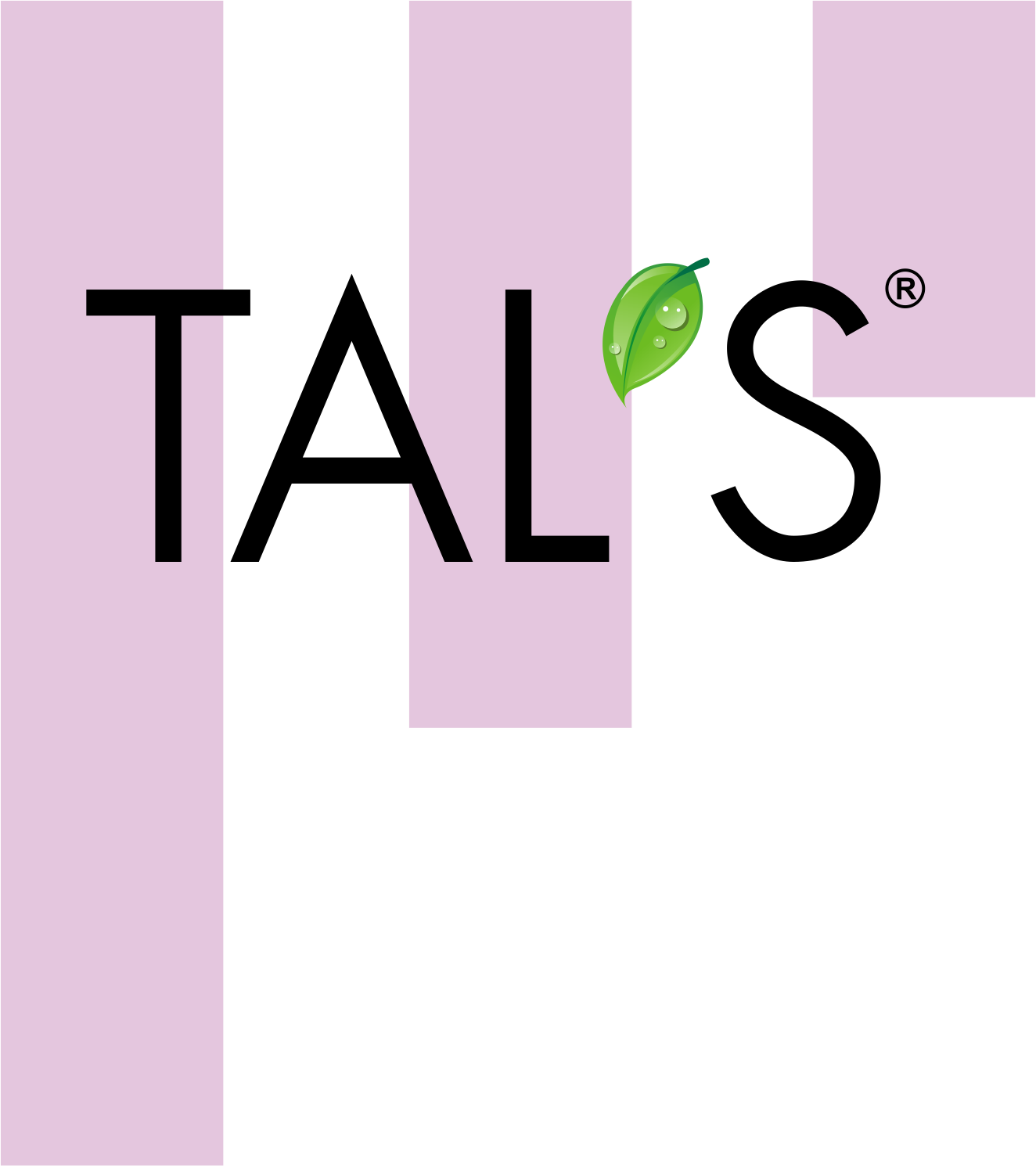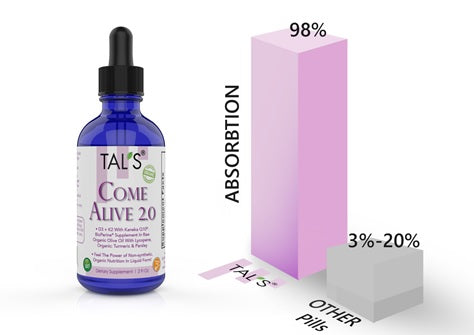How to Know if You Have a Nutritional Deficiency
Although your body needs vitamins and minerals in a small amount, their influence on your body is critical, and any sort of deficiency can be potentially life-threatening.
Here’s how you can figure out if you’re dealing with a micronutrient deficiency:

Vitamin A
Vitamin A is an essential nutrient for the healthy functioning of your eyes and reproductive system. It also boosts your immune system and prevents several infectious diseases. According to the WHO, Vitamin A deficiency is also a leading cause of night blindness among children. Pregnant women who are deficient in vitamin A also face an increased risk of maternal mortality.
Common symptoms of vitamin A include skin dryness, night dryness, poor wound healing rate, frequent acne breakouts, dry eyes, and a number of throat and chest infections. Infertility and trouble conceiving are also common symptoms.
As far as newborns are concerned, breast milk is the healthiest and the most potent source of Vitamin A. for adults, consuming lots of milk, eggs, orange vegetables, reddish-yellow fruits, and green vegetables. Carrots, broccoli, and papaya and essential sources.
Vitamin B-12 deficiency
Vitamin B-12 is very important for the nervous system. It helps the body synthesize healthy red blood cells. Vitamin B-12 deficiency is primarily common among diabetic individuals, those above the age of 60, and vegans. It is also common prevalent among those who lack the intrinsic factor—an essential transport protein that binds to the B-12 receptors and facilitates the absorption of Vitamin B-12.
Vitamin B-12 deficiency is a common cause of pernicious anemia. Common symptoms include dizziness, chronic fatigue, shortness of breath, poor appetite, sudden weight loss, nausea, yellowish skin, and sore tongue. If you leave your Vitamin B-12 deficiency untreated, it could also result in depression, anxiety, memory loss, dementia, irritability, and muscle weakness.
There are four ways to overcome Vitamin B-12 deficiency:
- Consume food that is rich in Vitamin B-12 (red meat)
- Supplement it up.
- Vitamin B-12 injections
- Blood transfusion
Calcium
Your body needs an adequate amount of calcium reserves to keep the teeth and bones healthy. Other than that, calcium is also vital to keep your nerves, muscles, and heart working well. The issue with calcium deficiency is that it starts showing its symptoms after a significant time has passed. Once your body lacks the required amounts of calcium, it starts extracting calcium reserves from the bones instead—eventually leading to bone loss, low bone mass, weak bones, and osteoporosis. These symptoms are much more prominent among older adults. Extreme calcium deficiency can also lead to convulsions and uneven heart rhythms.
To deal with calcium deficiency, it’s also essential that you follow up with good exercise and a balanced diet for better calcium absorption. The most essential foods to help you deal with calcium deficiency are small fish, dairy products, cereals, grains, and vegetables.
TAL is a nutrition and health consultant that has spent most of her life curating healthy gluten-free nutritional supplements and anti-inflammatory pills. All of these supplements are manufactured in FDA-supervised labs.

